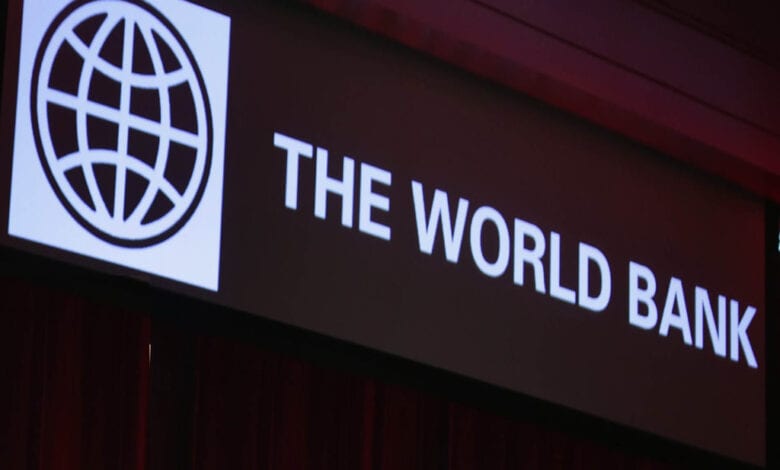By Zion Rufus
On Tuesday, Nigeria launched a $672 million fund to support young investors who struggle to raise capital in the tech and creative sectors. Currently housing the largest number of startups in Africa, Nigeria’s fintech sector has been hailed as one worthy of emulation by other countries.
Assessing the fintech landscape from a global standpoint, professionals have cited the recent Silicon Valley Bank crisis to buttress the strength of the startup ecosystem in Nigeria.
“Last week, Silicon Valley Bank (SVB), a significant investor in Nigerian Fintech startups, shut down. It sparked a lot of concerns about the impact on the industry and the entire Nigerian economy. But this potential setback won’t hold Nigeria back,” says Micheal Zaitsev, Managing Director Africa and CIS, Appsflyer.
“Nigeria has a large population and a growing middle class. The government showed its commitment by launching the Nigerian Financial Services Industry (FSI) Sandbox, which provides a regulatory framework for innovation,” he stated, noting that all these present a significant market for Fintech startups to tap into.
In January 2021, the Central Bank of Nigeria released its Framework for Regulatory Sandbox Operations to support start-up ideas in the face of strict regulations.
“ The opportunities seem endless, and the future seems bright. It will be interesting to see how Fintech in Nigeria develops in the coming years, and what role it will take to inspire other countries to do the same,” Zaitsev said.
According to Chidi Solomon, finance and compliance lead, PenOp, although the shutdown of Silicon Valley Bank is undoubtedly a significant loss for the Nigerian Fintech industry, it is however unlikely to hold back the sector’s growth.
“Nigeria has a large and growing middle class, and the government’s commitment to innovation is evident with the launch of the Nigerian FSI Sandbox. It is encouraging to see the potential for Fintech in Nigeria, and it will be interesting to observe how the industry will develop in the coming years. The Fintech sector in Nigeria is indeed in a race for the top, and it is an excellent example for other countries to emulate,” Solomon said.
The CBN also published an invitation in December 2022 for startups and innovators to apply to its Regulatory Sandbox, with the purpose of enhancing innovation, promoting financial inclusion, and ensuring consumer protection, while providing a platform for engagement with fintech companies in the payments space. Startups have until February 1, 2023 to apply to be in the first cohort of the Sandbox.
Babatunde Akin Moses, CEO Sycamore.ng reflected on how well Nigeria has done in terms of digital innovation.
“With the initiation of NIBSS instant payment (NIP) in 2011, Nigeria became one of the 1st countries in the world to have instant bank transfers. Nigeria is the 1st country in Africa to have open banking as a regulation Nigeria is also the 1st country in Africa to have a central bank led domestic card payment scheme. Nigeria is also the 1st African country to have a central bank digital currency. Nigeria is the 3rd African country to have a startup act,” Moses said as he emphasized the potential for growth in Nigeria’s tech industry.
Driven by increasing smartphone penetration, a youthful and tech-savvy population, focused regulatory advancements which balances consumer protection and innovation, and a steady stream of investments, Nigeria has transitioned into a dynamic ecosystem which offers start-ups a platform to succeed and potentially grow into multi-million dollar businesses.
Currently valued at $1.2B, Nigeria now presents an enormous market for fintech startups to tap into. This exponential growth can be credited to increased investment from both local and international investors, and the rise of mobile payments and digital banking.
Between January and September 2021, FinTech firms in Africa raised $1.4 billion, with Nigeria notably accounting for over $800 million of that total. Also in 2021, three Nigerian start-ups – Flutterwave, Opay and Andela attained unicorn status when they hit a USD1 billion valuation.







Comment
No comments found.